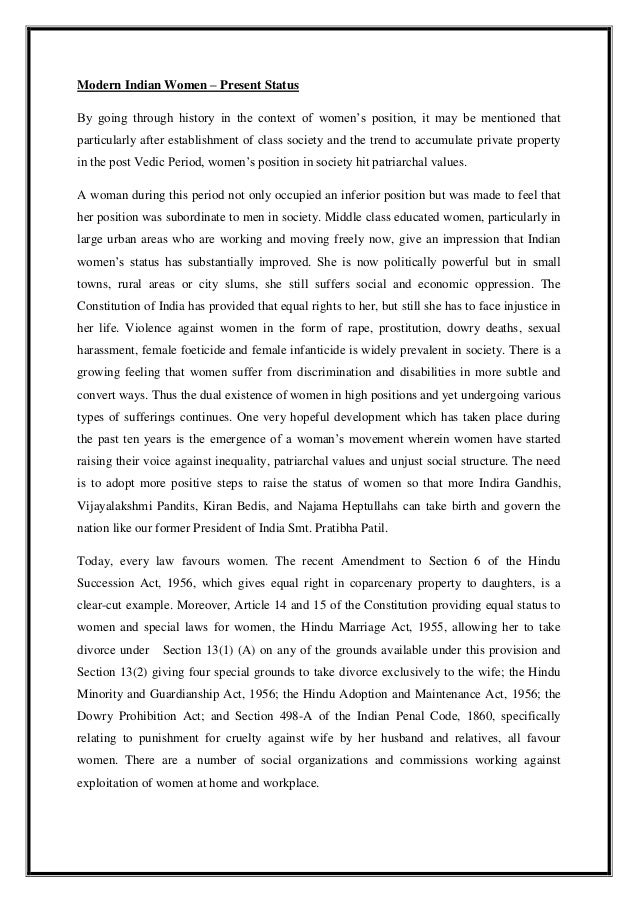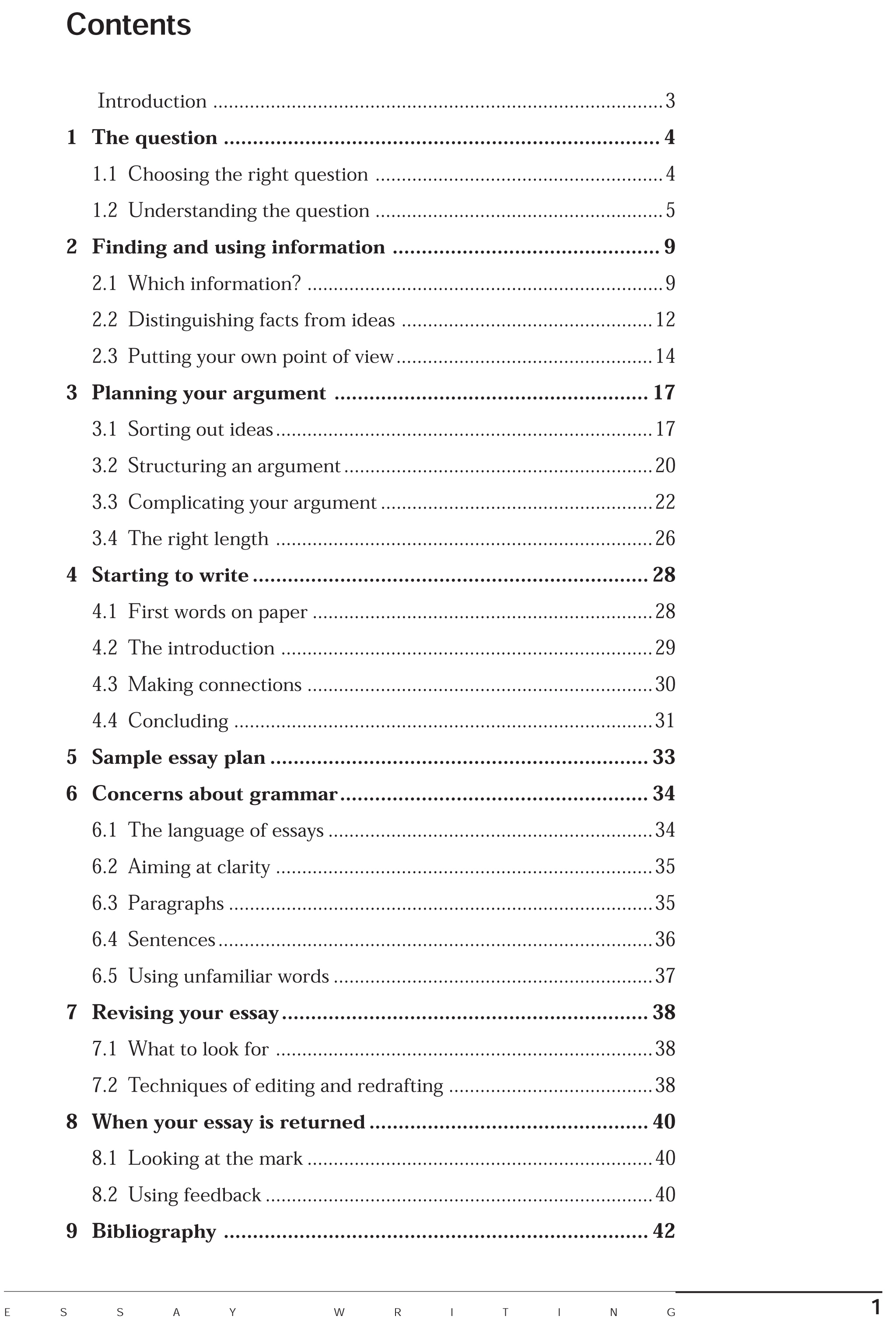Women Empowerment Essay For Graduate Vs Undergraduate
› In the United States, an undergraduate or an 'undergrad' is a student pursuing a bachelor's degree (usually 4 years) at a or a 2-year associate's degree program at a college, community college or vocational/technical school. A graduate or a 'grad student' is a student who, having obtained a bachelor's degree, is now pursuing a master's or 'graduate degree' in a 1-6 year graduate school program that is typically completed in 2-3 years. These concepts are often confused, because the terminology in much of the rest of the world is different. What's known as undergraduate studies in the US is referred to as graduate studies in most other countries. And the equivalent for graduates (graduate students, graduate studies) in the US are known as post-graduates (or post-graduate students, post-graduate studies) in most of the rest of the world. Comparison chart Graduate versus Undergraduate comparison chart Graduate Undergraduate Meaning (in the U.S.) A graduate program is a 1-6-year college master's degree program, for someone who already has a bachelor's degree. An undergraduate program is a 4-year college bachelor's degree program, or a 2-year associate's degree program.
- Graduate Vs Undergraduate Level Research
- Graduate Vs Undergraduate Courses
- Undergraduate Vs Graduate Degree
To be eligible for the Young Women’s Empowerment Scholarship, all applicants must be in excellent academic standing with a GPA of 3.0 or higher. They must also be currently enrolled in an accredited community college, undergraduate, or graduate program within the United States. One first-generation college graduate says that when she was unsure what to write about in her admissions essay, she asked adults in her life for advice. She urges college applicants to do the same.

Video Explaining the Differences Higher Education Programs In the U.S., graduate students go to accredited colleges and universities for 1-6 years (typically 2-3) after earning a bachelor's degree in order to specialize in a field and increase their earning power by receiving a master's or doctoral degree. General master's degrees are Master of Arts (MA) and Master of Science (MS or MSc); globally, other more common and specialized degrees include • Master of Education (MEd) • Master of Engineering (MEng) • Master of Fine Arts (MFA) • Master of Music (MMus) • Master of Public Administration (MPA) • Master of Research (MRes) • Master of Theology (Mth) Undergraduate degrees in the U.S., acquired after completing a 4-year college or university program are Bachelor of Arts (BA) or Bachelor of Science (BS or BSc). There are dozens of bachelor's degree specializations that are called tagged degrees in everything from architecture to information systems, biology to English literature, and management to performance (theatrical). Two-year Associate in Arts (AA or A.A.) also offers dozens of specialties.
These degrees are fundamentally geared towards support positions in a variety of fields including automotive maintenance, early childhood special education, culinary arts,, legal office administration, graphic arts, etc. Outside the U.S.
While many countries consider U.S. Undergraduate degrees to be graduate degrees in their nation, and U.S. Graduate degrees to be post-grad citations, degrees earned in the U.S. Are widely accepted worldwide as indications of a degreed individuals knowledge, capability and performance value. In fact, almost one million of the 4.5 million international students seeking degrees do so in the U.S. Because of their value in the world job market.
Admission Requirements Undergrads pursuing a bachelor's degree are usually required to take the. International students may also have to take the Test of English as a Foreign Language (TOEFL). Test scores from all of these exams influence the applicant's choice of schools and chance of being admitted to them.
Some colleges and universities may require a resume or personal profile and letter(s) of recommendation. Undergraduates pursuing a two-year community college or vocational/occupational school are required in almost all cases to have a GPA of 2.0, a high school diploma. They may also be asked to take a school's entrance exam and pass language and communication capability screening. For graduate school admissions, applicants also have to have a bachelor's degree, and, in most cases, a high grade point average (GPA) in academic achievement.
Graduate Vs Undergraduate Level Research

Applicants are almost always required to have taken the Graduate Record Examinations (GRE) standardized test and submit test scores withthe application. Also required are the applicant's undergraduate transcript and, typically, letter(s) of commendation.
Colleges and universities for all degree pursuits expect the applicant to complete a full application (school-specific in most cases), and often include an essay on a topic relevant to the applicant's academic pursuit as well as a personal profile. These applications are submitted with an application fee from $35-$60 on average, although some colleges do not require a fee and others have a higher one.
Most schools also require the applicant to apply for financial aid as part of the process; the U.S. Department of Education provides the most comprehensive system online for application:. GPA • Graduate school admission: 3.0-3.3 GPA minimum • Undergraduate school admission: 3.0 GPA average for large selection of school choices, and 3.75 minimum for Ivy League and Top 10 schools • Vocational/Occupational 2-year degrees: 2.0 GPA minimum References • • •.
Graduate Vs Undergraduate Courses
BLACK ECONOMIC EMPOWERMENT After legacy of apartheid in 1994 South Africa found themselves in major Economic Inequalities. To address this a number of laws have been adopted including, Black Economic Empowerment (BEE). However, the debate is still as current today as it was back in the early days of a new South Africa in the late 1990s. This has therefore led many to question if Black Economic Empowerment have made any progress in cutting down racial inequality in South Africa? The Gini co-efficient. Affirmative action, African National Congress, Black people 907 Words| 3 Pages.
Since the arrival of African Americans in this country blacks have always had differing experiences. Consequently, African-Americans have had to forge a self-identity out of what has been passed on to them as fact about their true selves. History has wrought oppression and subjugation to this particular race of people and as a result, certain institutions were formed in order aid African-Americans, culturally, spiritually and economically.
The African-American Church has served of one such institution. African American, African diaspora, Afro-Latin American 1790 Words| 5 Pages. Seongwu Han ‘12 African American History II Mr. Williams 2009/06/07 hans@carleton.edu Opposition to the End of Black History Thesis The election of Barack Obama as the president of the United States surprised Americans as much as it did the world. The first African American and non-white to be in the White House, Barack Obama symbolized a major historical event, another step-forward toward racial equality in the history of America.
Undergraduate Vs Graduate Degree
Civil rights activists, experts in the racial conflict. African American, African diaspora, Afro-Latin American 2404 Words| 7 Pages. Black History Month Celebration Thesis Statement: In order to proudly celebrate the creator of Black History Month and others who fought for many generations to have the right to even acknowledged on national and international scale, blacks should research more on innovative people of African descent, promote entrepreneurship amongst blacks, and incorporate traditional African ( Freedom school) in public and private educational institutions. Outline Subject: Black History Month. African American, African diaspora, African immigration to the United States 842 Words| 3 Pages. Introduction Indigenous Zimbabwean as defined in the National indigenisation and Economic Empowerment Act refers to anyone who, before independence in April 1980, 'was subjected to unfair discrimination [presumably in Zimbabwe] on the grounds of their race, and includes a descendant of such a person'. Thus indigenous Zimbabwean means any person who before 18 April 1980, was disadvantaged by unfair discrimination on the grounds of his or her race, and any descendant of such person, and includes.